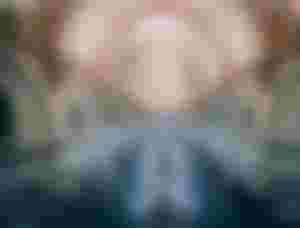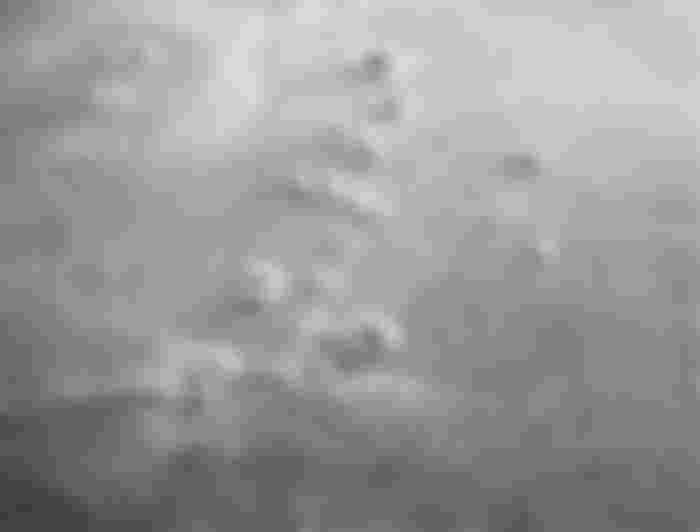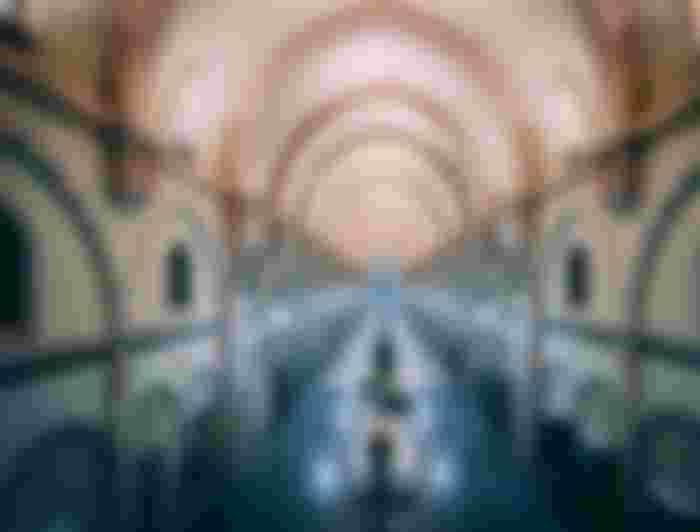The novel opens a clean slate to the reader. This is the most important aspect of character development. In order to increase the impact of the text in narration, they often leave the main character with spaces that the reader can fill. This is why, as Joseph Campbell mentions in his cult book titled Hero's Endless Journey, the character whose journey will take shape in its stages and who will find himself is immature and raw. The reader integrates him with himself and steps into this fictional world with the character, learns with him, develops with him and reaches the conclusion with him. When we examine the works in literature and cinema, we can clearly see how intense the emotional impact of this result will be.
"Freedom is always a door to rebellion."
-Georges Bataille
The Status Civilization, published by the American author Robert Sheckley in 1960, contains important questions about the concepts of crime and punishment. Emphasizing the sociological impact of these concepts, Sheckley pondered whether the world could be better when polarized in the middle of the cold war and reveals this work. In 1995, it is presented to the local science fiction reader as the third work of the Metis Science Fiction Series.

The counterpart of the concepts is suitable for differentiation with the change of social teachings. For example, in a totalitarian regime, the word opinion will cause a contrary connotation. Since the emergence of different voices will raise doubts about the dominance of the power, it is natural to understand negatively that the idea will bring one after another. On the other hand, in a relatively free environment, the impression left by the idea will be different and create positive effects. Therefore, it is a fact that concepts are shaped according to the context or in other words, they are made meaningful.
In the novel, we see how good and evil are interpreted differently according to circumstances. This will probably be interesting to the reader. Because the definition of the concepts we call good and bad is clear for us. The bad is seen as inappropriate and if the good is the one that must be applied. However, we hardly ask the question whether values and teachings will remain the same even if they go out of context. Yes, it might make sense for us, but is it like that in other cultures? Let alone the exoplanets, is it possible to talk about the absolute nature of culture and cultural elements, given the fact that people with different lifestyles come together even today, when they come together?
On the other hand, there is another dilemma in the text: crime and punishment! Consequently, Dostoyevsky immediately comes to mind. The Russian writer examines the notions mentioned in his novel through his character named Raskolnikov and questions their response in society. Of course, the criminal is the person who committed the crime, but what are the factors driving the criminal to action? Dostoyevsky, who made a psychological analysis of the crime, gives information to the reader that society and conditions are also determinants. In his eyes, the detachment and loss of the individual from his values causes him to be thrown in the darkness of sin. Therefore, he says, "If there is no God, everything is permissible."
The punishment works in this direction. He characterizes the conscience of a person as the greatest judge and thinks that only the soul of a person left alone with his conscience can be purified. At this point, it is possible to say that Sheckley has certain parallels. Although the ideal of Situation Civilization includes a plan in which civilization is purified from individual perversions, it contains dogmatic teachings on its basis. Because a system that works for the benefit of the society can only survive by structuring the members of the society in this direction. Great sacrifices can be made for the sake of lofty ideas, and if done, this will make the sacred cause even higher. This is what matters. The price of making contradictory or divergent voices is to be ignored by isolation from society. Thus, deviations are prevented and ruptures are prevented.

Isolation of criminals is essential for the authority of society. If the continuity of the operation is provided, the efficiency increases and the order can continue itself. However, as we have mentioned, the fact that the concept of crime is not seen solely as "ordinary crimes" inevitably brings up a moral dilemma. When we look at history, it is seen that progress is only possible thanks to the creative minds of people who think differently. The more freedom of these people increases, the more development accelerates. Otherwise, if these people are excluded from the society and exiled, the societies that lose their mobility will gradually disappear and the destruction will be more dreadful than the preserved situation. Because, sustainability can only be mentioned when the right factors are present enough. This is what they call being with the opposite.
The reason for the destruction is the possible consequences of the disappearance of the avoided situation. If the society loses the reflexes necessary to apply in a possible crisis situation, it causes greater damage than expected in a scenario where the problem relapses. Just as the sudden emergence of a virus whose immunity was lost centuries ago would turn into carnage, the same is true for a sterile understanding of social life. According to Sheckley, although the idea of perfect social engineering seems beautiful, it has no continuity for the aforementioned reasons. In addition, while it is obvious that survival is compatible with the conditions, is it possible to talk about an individual who lives in completely isolated conditions and is conditioned without the facts?
Therefore, when the engineering plans that will keep the society together reach the point that they will destroy the individual, they will start to harm the society itself in time. Speaking of different planets, lives, or technologies remains only in detail. The main thing is the effect of all the events on the person, as the author also mentioned at the end. We always see the story through someone's eyes. Regardless of the narrator, we follow the events from there and interpret them on this occasion. It is where we look that determines the right, wrong, good and bad. If it is a thought or action, sometimes it may even be able to change our mind by dealing with events in the opposite direction. However, we can talk about a limited selection here. Sheckley, on the other hand, undertook the journalism of extremism in common terms and asks the reader the following question: What if we hadn't had that opportunity? What does the mass media and the information processed into our minds through different ways of education prepare us? Do we really learn or are we just dealing with what we need to learn, know?
In short, draws attention as a valuable work that provides the opportunity to read in many fields such as sociology and cultural anthropology, based on the idea of social engineering. It also helps to ask important questions about current life by making some important predictions about the future of both technology and human beings, and to make many details understandable while searching for answers.


thanks